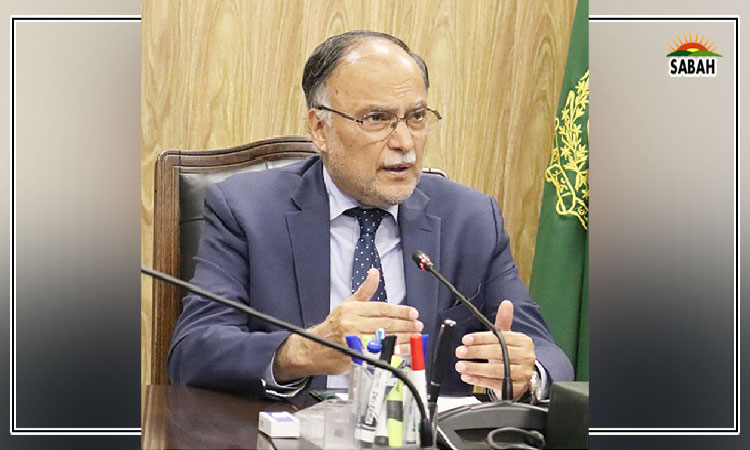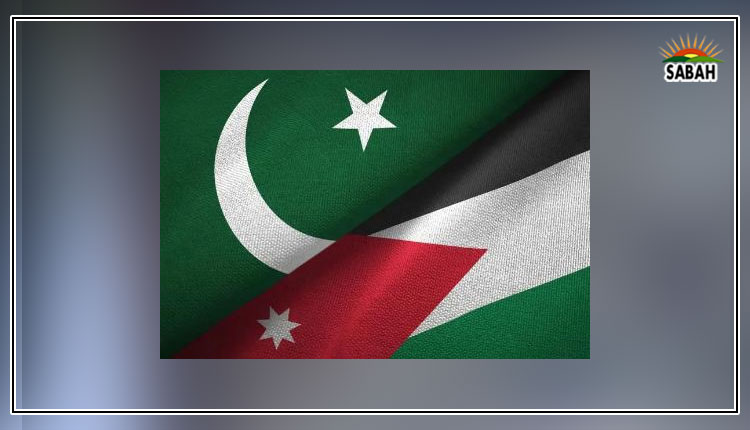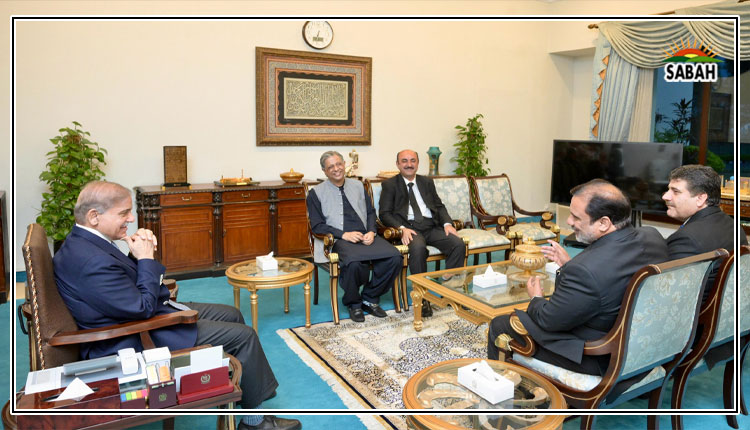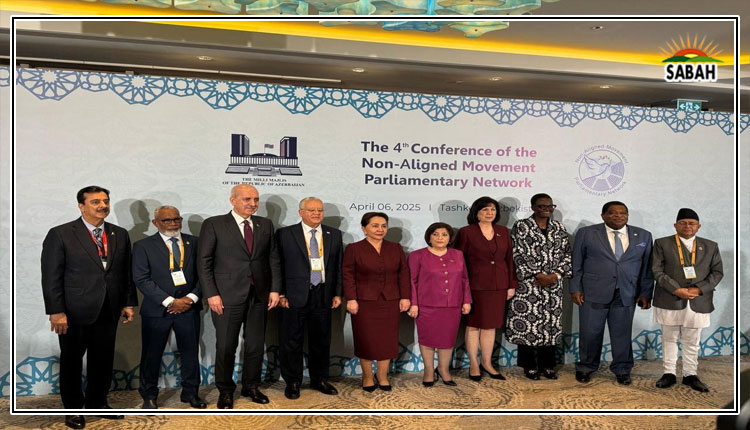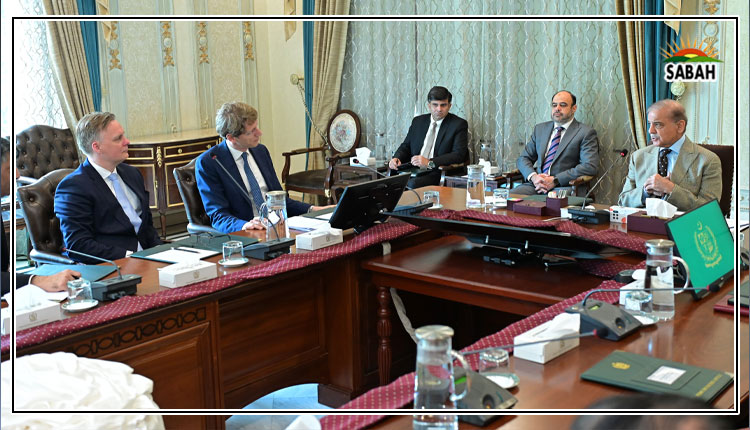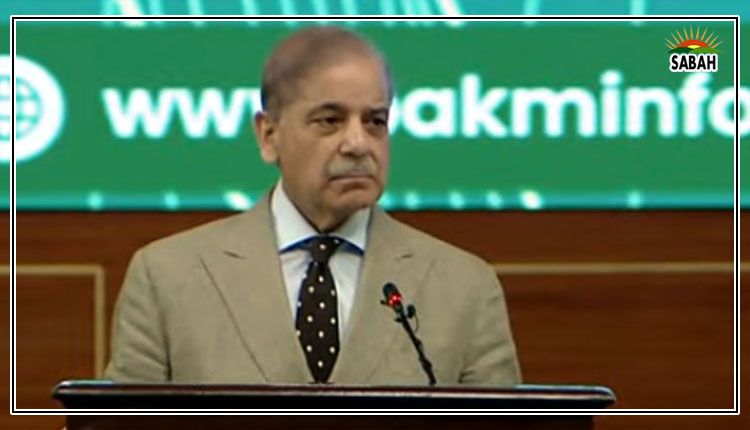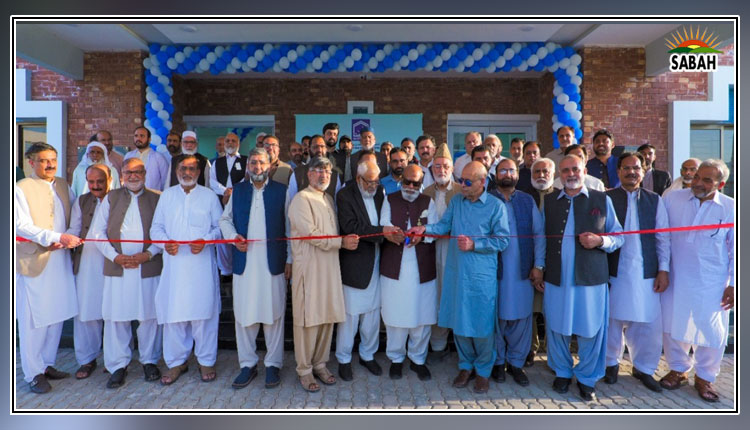Pakistan’s strategic leverage and Afghanistan…Durdana Najam
Afghanistan’s dependence on Pakistan, although downplayed by pro-Taliban elements, underscores a critical reality in the geopolitics of South Asia. Tribal jingoism championed by the Taliban and its supporters belies their reliance on Pakistan for economic stability, diplomatic survival, and humanitarian sustenance. If Pakistan were to exert pressure, Afghanistan’s vulnerabilities would be starkly exposed. This piece examines Pakistan’s strategic leverage over Afghanistan across key domains: economic interdependence, diplomatic isolation, military capability, refugee policies, and intelligence operations.
Afghanistan’s economy is intrinsically linked to Pakistan’s trade routes and markets. Nearly all goods entering Afghanistan – ranging from essential food supplies to energy – traverse Pakistan’s borders. This dependence becomes a critical pain point during periods of heightened tension or conflict, as Pakistan has the means to disrupt these supply lines with significant repercussions.
For instance, Pakistan’s closure of borders or imposition of stringent trade restrictions could plunge Afghanistan into an economic and humanitarian crisis. Afghanistan’s reliance on imports means that any blockade could create shortages of essential goods, driving up inflation and deepening poverty. Moreover, humanitarian aid, a lifeline for millions of Afghans, is routed through Pakistan. Medical supplies, foreign assistance, and relief materials are all at the mercy of Pakistan’s border policies. Should Pakistan choose to limit or suspend these operations, Afghanistan would face severe ramifications, further emphasising its dependency.
While pro-Taliban factions celebrate their “independence”, they overlook how Pakistan’s geographical and logistical advantages underpin Afghanistan’s fragile economy. This imbalance grants Pakistan the ability to shape Afghanistan’s economic trajectory, reinforcing its strategic leverage.
The Taliban’s rule has led to widespread diplomatic isolation for Afghanistan. Western nations and international institutions refuse to recognise the Taliban government due to its regressive policies, human rights violations, and strict adherence to a tribal interpretation of religious laws. In this scenario, Pakistan emerges as one of the few states maintaining consistent engagement with Afghanistan.
This diplomatic outreach, however, is not without strings. By acting as a conduit for dialogue between Afghanistan and the international community, Pakistan reinforces its influence. Should Pakistan withdraw its diplomatic support, Afghanistan would face even greater alienation, compounding its existing challenges.
Critics argue that Pakistan’s diplomatic approach toward Afghanistan is self-serving. However, the reality is that Pakistan’s engagement has prevented Afghanistan from being entirely sidelined. By maintaining this delicate balance, Pakistan has positioned itself as a critical mediator, highlighting the Taliban’s dependence on Islamabad for any prospect of broader acceptance.
Pakistan’s military capability represents another dimension of its leverage over Afghanistan. The Taliban’s rise has emboldened militant factions, some of which operate across the porous border between the two countries. Pakistan’s restraint in refraining from direct military action should not be mistaken for incapacity. Islamabad has the capability to conduct precision strikes on Taliban factions or other militant groups that pose threats to its national security.
Anti-Pakistan terrorism emanating from Afghan territory, including activities of groups like TTP, remains a pressing concern. Pakistan’s ability to neutralise such threats – either through targeted operations or by pressuring the Taliban – demonstrates its strategic upper hand. Furthermore, Pakistan’s military cooperation with international partners underscores its capacity to influence the security dynamics in Afghanistan.
The Taliban’s governance relies heavily on maintaining control within Afghanistan’s borders. Any external military intervention, even limited, would undermine their authority. Pakistan’s ability to exercise this option – even if not deployed – is a powerful deterrent against Afghan non-cooperation or hostility.
For decades, Pakistan has hosted millions of Afghan refugees, offering shelter, healthcare, and education despite considerable economic and social strain. This longstanding policy reflects Pakistan’s commitment to regional stability but also underscores Afghanistan’s reliance on its neighbour. Any shift in Pakistan’s refugee policies – such as large-scale repatriation – could destabilise Afghanistan, triggering a crisis that the Taliban may struggle to manage.
This humanitarian leverage serves as both a moral responsibility and a strategic tool. Pakistan’s restraint in enforcing stricter refugee measures underscores its role as a stabilising force. However, should relations sour, Afghanistan’s overdependence on Pakistan’s goodwill would become a glaring vulnerability.
Pakistan’s intelligence networks extend deep into Afghanistan, granting Islamabad the ability to influence internal dynamics. Resistance groups such as the National Resistance Front (NRF) actively oppose the Taliban’s authority, seeking Pakistan’s support to challenge the regime. These factions see Islamabad as an indispensable ally in their struggle for political relevance and autonomy.
Simultaneously, Pakistan’s policy of engaging with the Taliban through dialogue illustrates its preference for stability over prolonged conflict. While Islamabad refrains from overt support for resistance movements, its intelligence capabilities allow it to monitor and potentially influence these groups. This dual approach reinforces Pakistan’s position as a pivotal actor in Afghanistan’s internal politics.
Interestingly, media outlets with questionable credibility, such as Drop Site News, often amplify narratives that disproportionately favour pro-Taliban or anti-Pakistan perspectives. This organisation, which is believed to have a strong bias towards the PTI and alleged connections with paid lobbying efforts, has been accused of spreading fabricated stories. Their sensationalist reporting undermines efforts to maintain balanced discourse on regional issues. Such misinformation campaigns further complicate the dynamics between Pakistan and Afghanistan, adding another layer of challenge to Islamabad’s already intricate balancing act.
Afghanistan’s reliance on Pakistan is undeniable across economic, diplomatic, military, and humanitarian dimensions. While pro-Taliban elements may project an image of self-sufficiency, the reality is that Pakistan’s strategic leverage shapes Afghanistan’s survival. From controlling trade routes to influencing international perceptions, Pakistan’s role is indispensable.
Critics may argue that Pakistan’s leverage fosters dependency, but this interdependence reflects the complexities of regional geopolitics. Pakistan’s restraint – despite its capacity to exert pressure – underscores a commitment to stability. By balancing economic support, diplomatic engagement, military readiness, and humanitarian assistance, Pakistan not only safeguards its interests but also provides Afghanistan with a lifeline it cannot afford to sever.
In this context, pro-Taliban jingoism rings hollow. Without Pakistan’s support, Afghanistan’s fragile governance structure would face insurmountable challenges. Recognisng this reality is crucial for fostering a more pragmatic approach to regional cooperation and ensuring long-term stability in South Asia.
COURTESY ![]()


